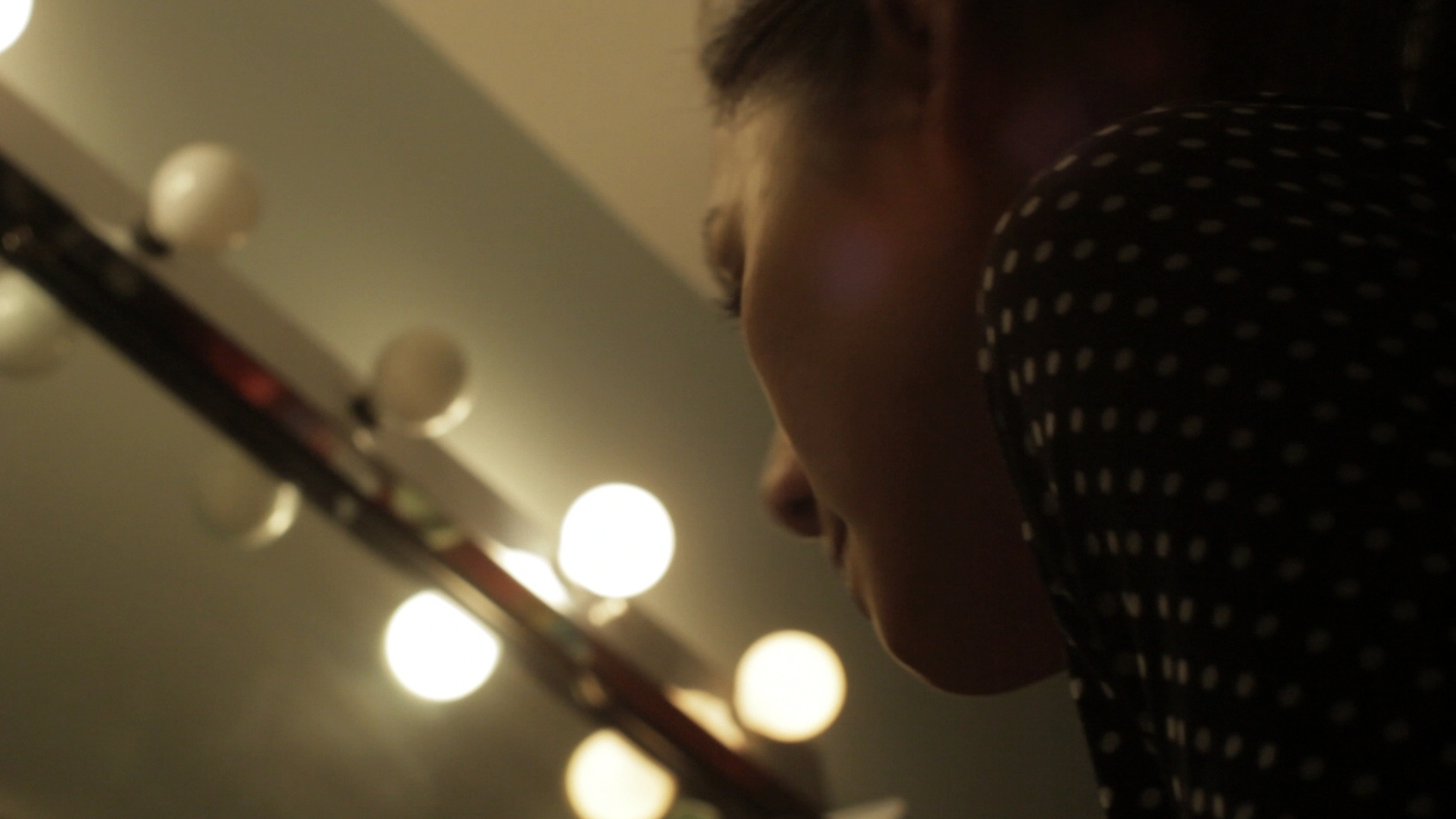Director’s Statement
'Nobel Nok Dah' is a film about three refugee women (Nobel, Nok, and Dah) directed by three women filmmakers. The three of us, Emily, Miasarah, and Mariangela met as filmmakers, but in our previous careers, we had long worked with refugees from Burma/Myanmar both in Thailand and in the U.S. As feminist filmmakers, we wanted to disrupt the idea that there was a single narrative of the refugee experience. With this film, we sought to center women’s narratives of self, place, and belonging. We started without the cameras, by conducting separate audio interviews with Nobel, Nok, and Dah.
Building on these interviews, which used techniques of feminist oral history, we continued with a collaborative process of story development. The three film stars later joined us for rough cut viewings and talk-back sessions to shape a story arc which highlights stories of both struggle and hope. You will notice that the visuals of the film are experimental in nature. By abandoning documentary realism for blur, bold colors, and movement, we hope to open a space for audiences to listen deeply (with your ears and hearts) to these women’s stories.
Forced migration & human rights· The refugee experience · Gender ·
Cultural shift & identity · Storytelling & oral history · Coping & resilience
““Nobel Nok Dah prompted a vibrant classroom discussion on what allows people who are marginalized to be genuinely seen and heard. There are so few portrayals of refugees in the US that show them as creative, complex human beings. We contrasted what was evoked by Nobel Nok Dah with what came through in more standard portrayals of refugees. The film and discussion guide are excellent resources for educators who would like their students to develop a more nuanced and empathetic understanding of what it is to be a refugee resettled in the US.””
Discussion Guide & Multimedia Stories
'Nobel Nok Dah' has been used by educators, refugee service providers, and community advocates, and others who wish to spark conversations about the refugee experience. The 'Nobel Nok Dah' Film Discussion Guide is a robust resource that features discussion questions, context on refugees, exercises, and multimedia sources to accompany the short film.
Discussion Guide for the Classroom
Discussion Guide for Refugee Service Providers
Tips for Facilitators
Oral History Extension Projects
Multimedia Stories*
*(upon purchase of educational film license)
Printable ‘Nobel Nok Dah’ Poster
This guide is made possible by Action Grant from Humanities New York & Cornell University’s Southeast Asia Program
“This documentary provided a beautiful, thought-provoking, sensorial experience for all of us in my undergraduate course in cultural anthropology. With its diversity of life stories, unique yet intertwined as part of the larger refugee experience and struggle for human rights, this film allowed for a critical and demanding cross-cultural encounter. The images and voices compelled students to use all their senses to engage ideas of cultural change, place and home, women’s roles and future dreams, bias and discrimination and the politics of marginalization and violence worldwide. The film and viewing experience was the opposite of comfortable world traveling. It did not tell the viewer what to think but instead invited nuance, complexity, not-knowing and non-closure. The students responded with thoughts and questions that implicated their own experiences in relation to others in the world. This film is a profound teaching and learning experience on so many levels!
”
Workshops and Q&A with Directors
The filmmakers have a combined decade of experience working with refugees in the United States and internationally, as well as extensive backgrounds as educators and facilitators. We are happy to work with educational institutions, refugee providers, and other community organizations to design custom workshops aimed at resettlement staff, case workers, educators, and refugee communities themselves to build a capacity for cross-cultural understanding.
By paying close attention to the characteristics and needs of learners—be they administrators and educators looking to increase empathy among parents in their districts, caseworkers seeking to bridge divides, young refugee women trying to rectify the different perception of gender roles and expectations between their country of origin and the U.S., or community college professors looking to integrate an increasing refugee student population—our workshops work towards a variety of learning objectives aimed to cultivate understanding of the refugee experience, with an emphasis on finding common ground.
Workshop engagements often include:
a conversation on the making of the film, especially the ethnographic, oral history and collaborative methods employed
film screening,
Facilitated discussion in small and large groups tailored to the audience and objectives
How to Order the Film
For educational purposes (colleges, universities), please ask your library to purchase the film.
(By purchasing an educational license, you support the continued production of Ethnocine Collective films like 'Nobel Nok Dah'.)
For community groups, K-12 educators, and others, please contact us directly for sliding scale options.








